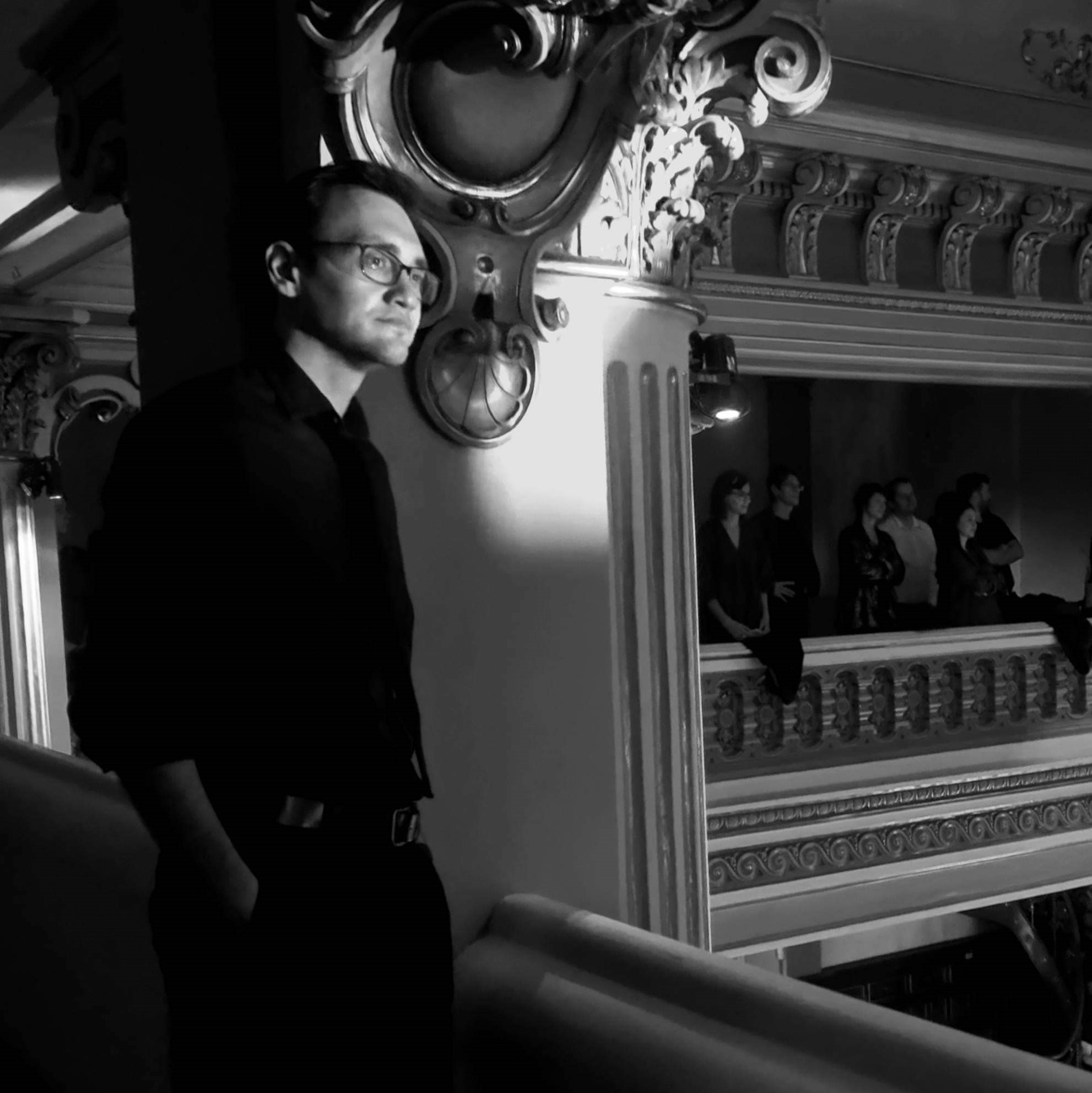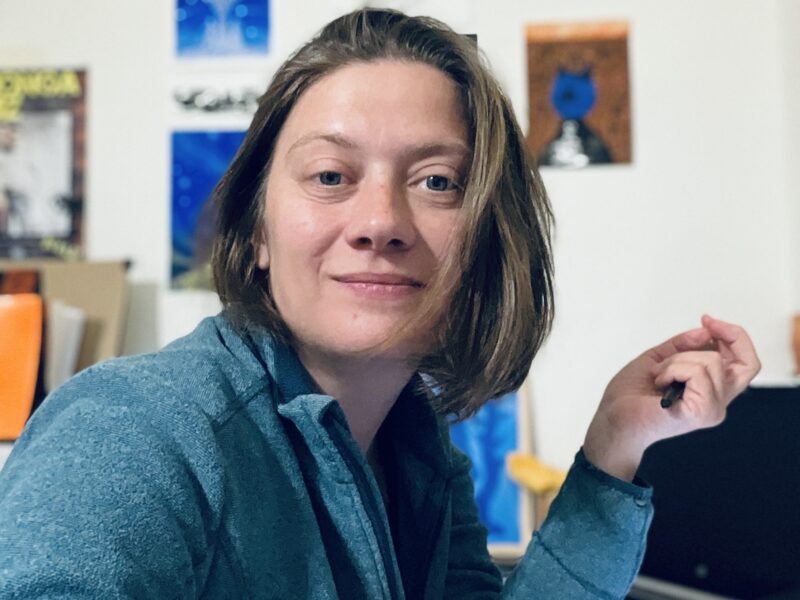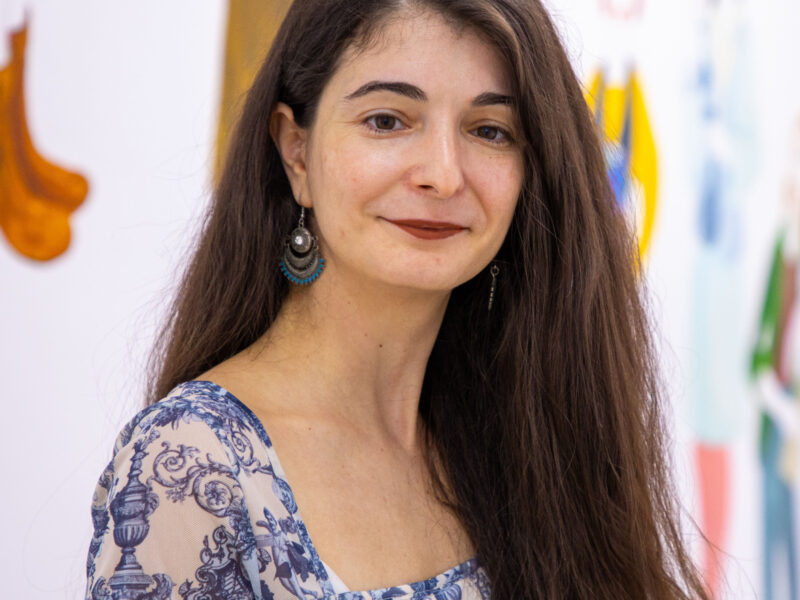Cristian Negoiță is proofreader at Humanitas Publishing House, where he also copy edits and translates books, among which Galen and the Gateway to Medicine by Jeanne Bendick and Tallest Tower, Smallest Star. He is a meticulous reader and a professional always eager to learn more and more.
You’re one of the people who makes sure that the volumes published by Humanitas get to the readers in their most beautiful and correct form. By the way, what do you think is the most beautiful book? Or maybe the most beautiful ones?
I'm not a fan of the charts, regardless of their nature, so I won't make an exception now. Throughout time, I’ve got my hands on books written by very different authors, which can’t be compared. How to choose between Radu Paraschivescu's and Lucian Boia's books, or between Ernst Jünger's The Book of Hourglasses and Paul Varley's Japonese Culture , or between the The Double Flame and Zuleikha Opens Her Eyes? As you can see, I've been pretty pampered so far.
I know that you are a reader who carefully selects his books, but for several years reading has become a profession too. Please tell me , how did you do the transition from reading for pleasure to reading as a profession and if these two things have any common ground.
Yes, I try as much as possible to avoid the book bulimia that many people associate those who work in the book industry with. By the way, I always read slowly, often looking up from the page to better fix the author's ideas or to interrogate the text with a suspicious "is that so?", or simply to roll dreamily through the characters of a novel. I remember the satisfaction with which I read and re-read the paragraph that opens Émile Faguet's The Art of Reading : “In order to learn to read, you must, first of all, read very slowly, and always, until the last book that’ll have the honor of being read by you." For me, it’s difficult to distinguish between reading as a passion and reading as a profession. Working in a publishing house, I became even more estranged from the "out of breath" reading, which came to be only a formula for the fourth cover.
In a standard editing process, the proofreader's table is almost the last stop of a book until it enters print. You are, therefore , the last "chance" of a volume to be published without mistakes of any kind. How did you learn the necessary skills?
As with any publishing house, Humanitas has a set of drafting rules that both employees and collaborators must follow. Obviously, however, a good knowledge of the Romanian language is absolutely necessary. How did I learn the necessary skills? I think my secret was working with some of our best editors - Mona Antohi, Oana Bârna, Vlad Russo, Vlad Zografi, among others - and I can say that I became a better proofreader after every book which I worked on with them.
Regarding the knowledge of the Romanian language, does it count for something in your daily activity that you graduated a faculty of Letters , and, moreover, that you also finished the Master of Theory and Practice of Editing of the same faculty?
Yes of course. Especially the Master of Theory and Practice of Editing, coordinated by Ioana Pârvulescu, helped me a lot, because, when I got to Humanitas, I was somewhat familiar with our publishing market.
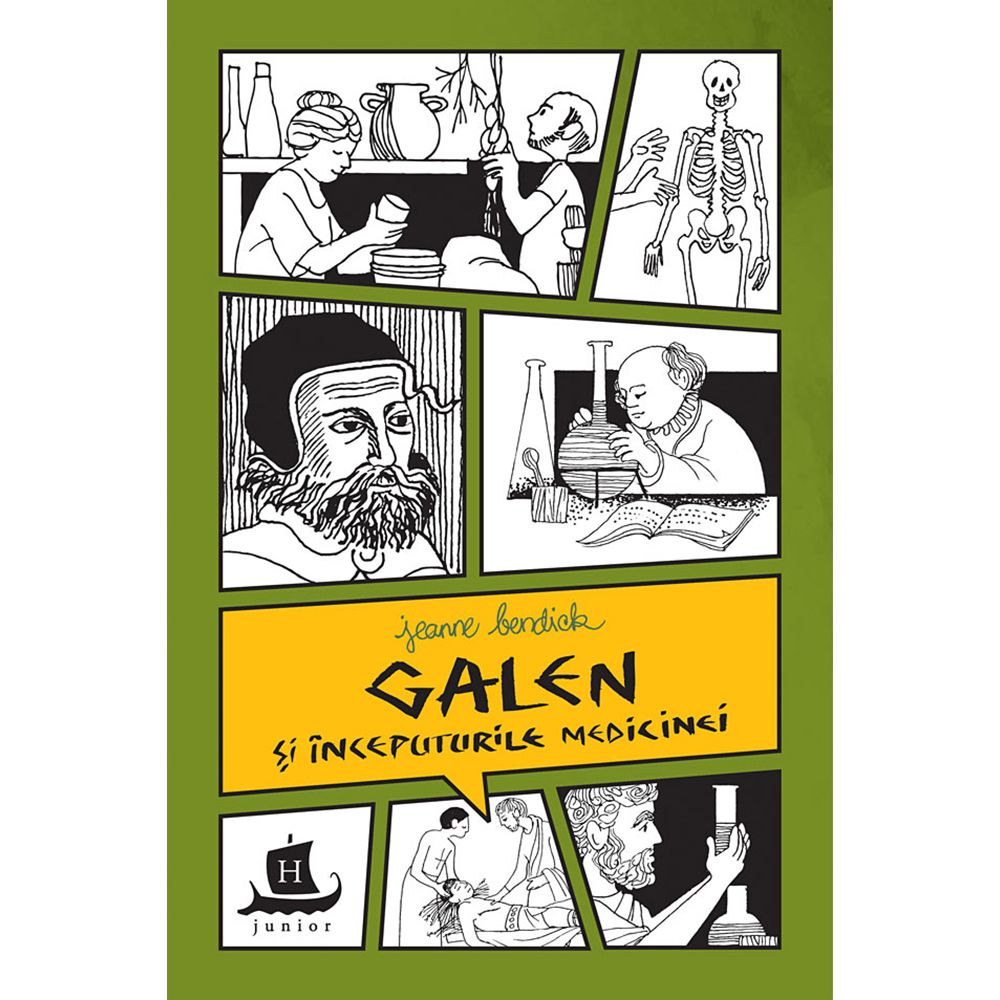
You’re among the privileged ones who work in the field which they studied for. Do you think this concordance is necessary in a mature book market? Or is professionalism only about the experience gained? I’m thinking here that your activity depends a lot on the translator and the editor who’ve worked on the book before.
I’m indeed privileged from this point of view. I don't like at all the feeling of uselessness that most jobs offer you today, and the book market, with all its sins, can be a refuge for the naive enough to believe that what they do can make sense. Every person in a publishing house has its importance during the process of publishing the book, regardless of whether we are talking about editor, proofreader, DTP specialist, graphic designer, marketing, sales, etc. When it comes to a translation, it’s clear that the translator becomes a key figure in this scheme, because the workload of those involved will be directly proportional to the quality of the text they send to the publisher.
Going back to what you do at Humanitas , what does a typical working day look like?
It’s difficult to speak now, in a pandemic, about a typical working day. What used to be a privilege, such as working from home two days a week, has become routine and, consequently, I inevitably run into the problems involving the invasion of the private and professional space. However, I tried to make a schedule as strict as possible and rarely deviate from it.
What are the biggest challenges and how do you find the solutions to overcome them?
I think the hardest thing is to find a balance between absolutely necessary corrections and whimsical stylizations. The principle of minimal intervention shouldn’t be very complicated, but it’s sometimes difficult to put a stop to the poetic momentum. This wastes a lot of time and the editorial schedule is extremely busy, with deadlines that must be met.
If you happen to be working on a book that you like and that is unputdownable , how do you manage to keep the necessary vigilance during the correction process? Does the rhythm in which you work on a book that you like differ from the one you have on one that , on the contrary, you dislike?
There’s, perhaps paradoxically, the risk of making more mistakes when you like a book, but here too applies the same principle we’ve talked about earlier, valid for any reading: you mustn’t hurry, read slowly and carefully. It's not a rule, of course, but you can proofread around 50-60 pages a day. In my experience, even if you really like the book, after 50-60 pages the vigilance alters considerably.
Do you have a phobia about published books that you’ve worked on? For example, I'm afraid to open the books I’ve worked on, so that I don't notice any mistakes. And it takes a long time for me to get the courage to do that. If you face the same problem, how do you manage it? a long time for me to get the courage to do that. If you face the same problem, how do you manage it?
I think it's a widespread phobia among those in the book industry, a sign of their emotional involvement. The more you worked on a book or the more it’s dear to you, the more you’d like it to be perfect - exemplary pagination, flawless illustrations and colors on the inside, no punctuation or spelling errors, no disagreements or hesitant expressions. And in the world of books, however, perfection is illusory. In addition, it’s important to have the courage to open the book after its publication because only this way the reprints will not repeat the same mistakes as the first edition.
What are the fifteen minutes of glory of your work?
There are certainly not fifteen, but I'm the happiest when I start a new book and I can say, more or less surely, after reading a few pages: "Yes, I know what I have to do from now on." It’s about capturing the spirit of the book, "the inner musicality of the text", as Vlad Zografi once told us.
In addition to proofreading, you also copy edited and translated some books. In what position do you feel most at ease?
It's too early for such a balance sheet. I’ve translated some very beautiful children's books at Humanitas Galen and the Gateway to Medicine, On the Origin of Species, Tallest Tower, Smallest Star, Highest Mountain, Deepest Ocean and I copy edited books on economics, science, and even a novel. But most of the time I dealt with the proofreading, probably that's why I'm inclined to say that I feel most comfortable there. But, as I said, it's too early for a balance sheet.
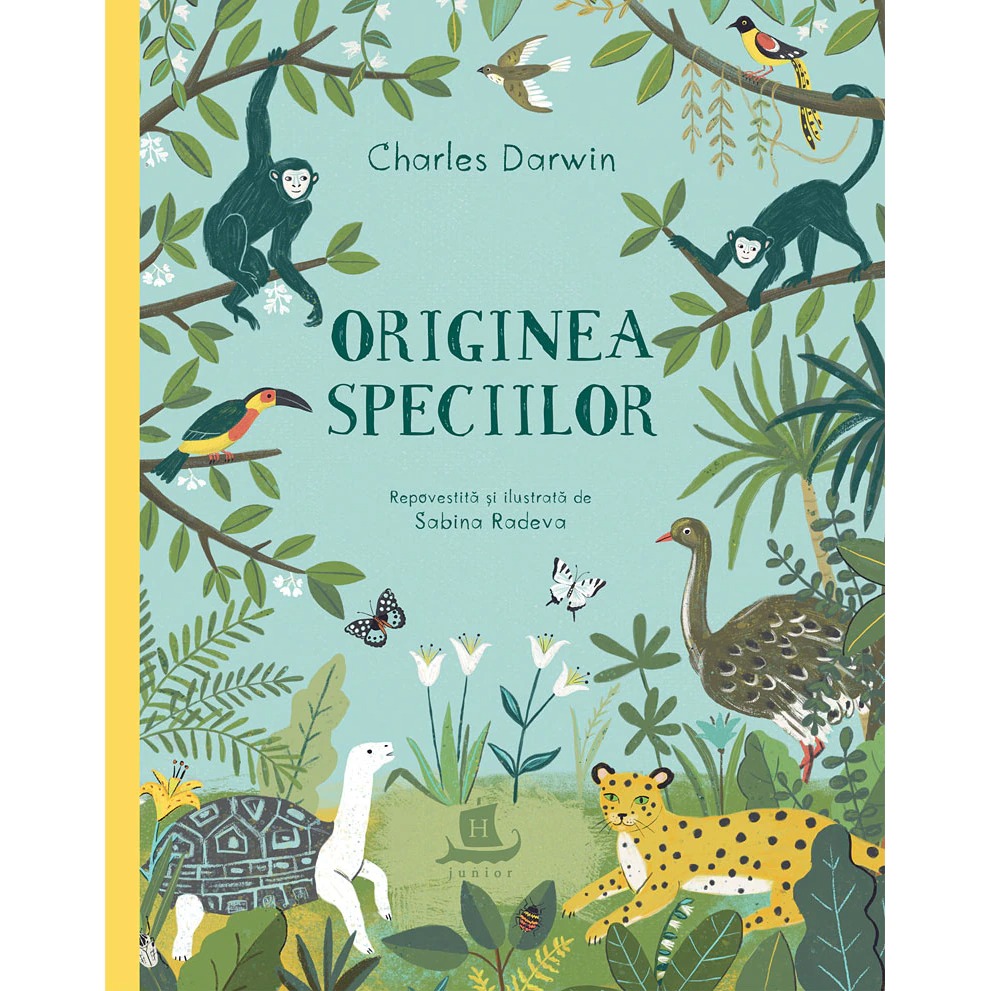
Reading being your profession, do you still find time to read for pleasure?
Maybe less than I’d like (or should have), but of course I also enjoy reading. I’d rather take the time to re-read some books and notes I’ve made on them, because the passing of time often confers a new meaning to things.
Out of the novels you’ve proofread, if one of them were turned into a play, what director would direct it the best?
Hard to say. I think I’d choose Vodolazkin's The Aviator . And, because no one can portray the proverbial pathos of the Russian soul better than a Russian, I’d like it to be directed by one of the best directors of the new wave, Andrey Zvyagintsev.

